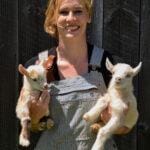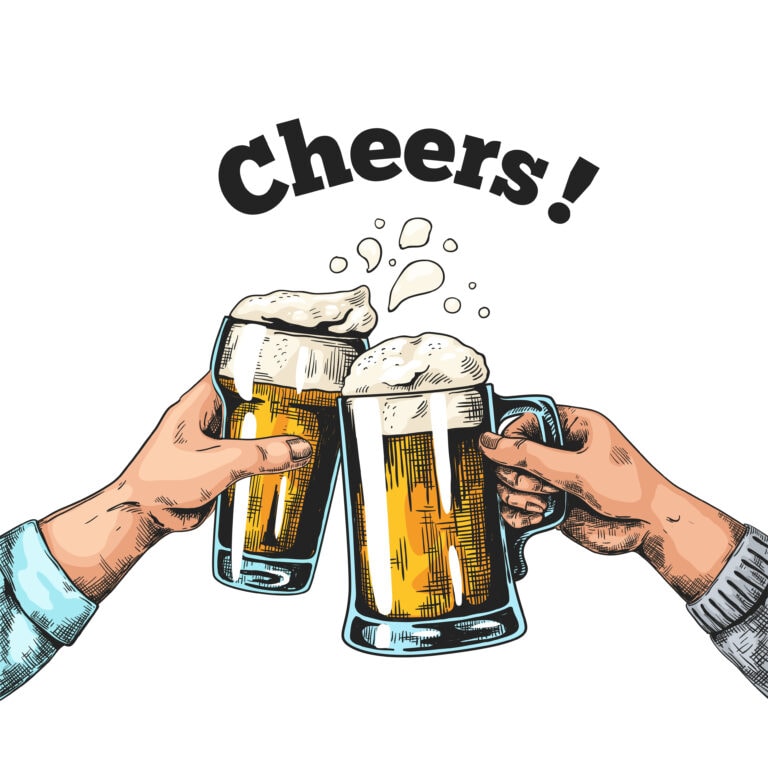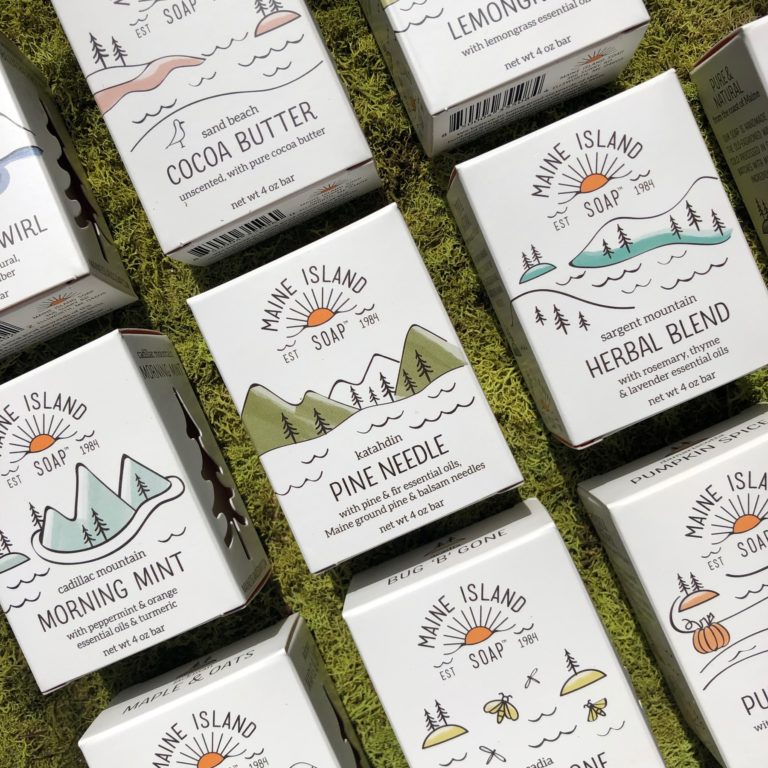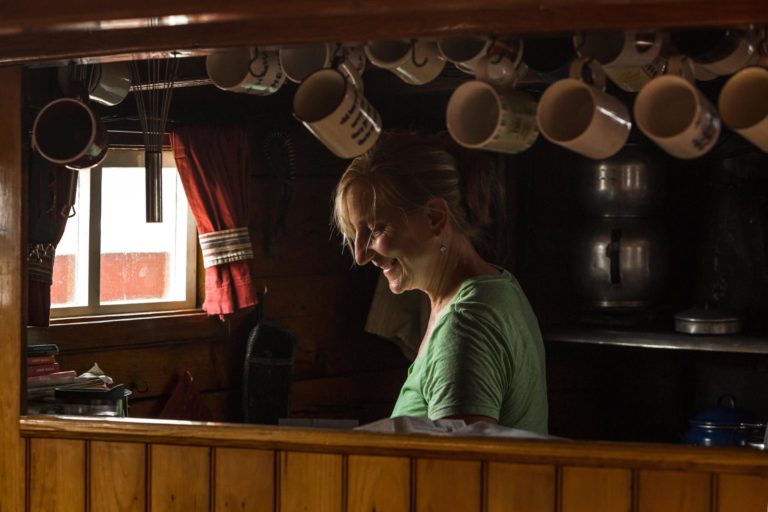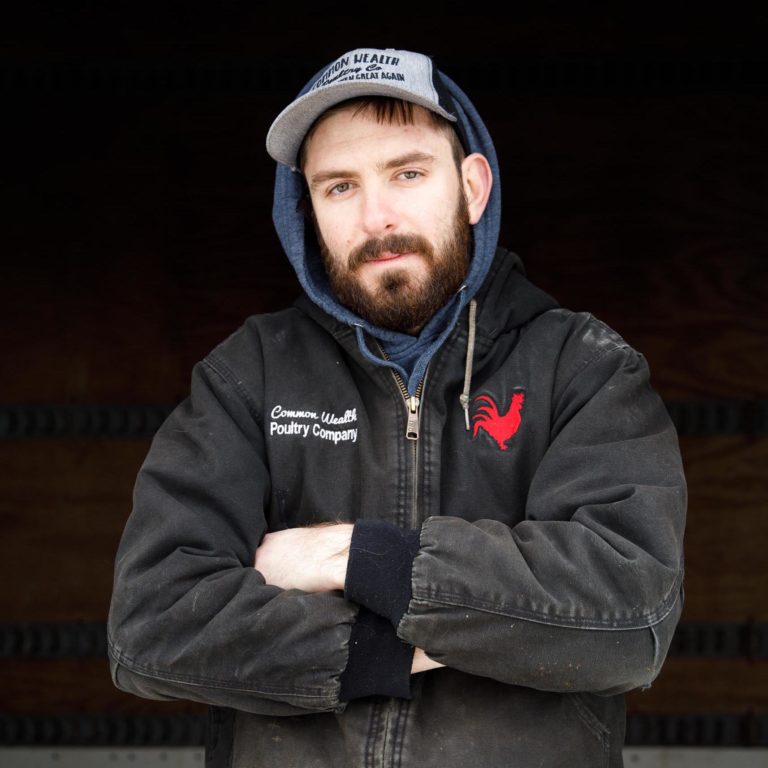Maine’s working waterfronts are the backbone of our state’s identity as a maritime and seafood destination. The wharves and piers aren’t just a place to tie up a lobster boat; they’re part of a chain that gets fresh seafood from the water to the table. But for all their importance, the waterfronts have historically been somewhat homogenous. That’s changing—thanks in part to the Maine Sea Grant program, which is helping to broaden who has access to, and a voice in, the future of the state’s coast.
Maine Sea Grant is a federally and state-funded nonprofit in partnership with NOAA, one of almost three dozen similar programs across the United States. Its mission is to provide marine science for Maine people and work with communities on ocean issues, from climate change to workplace accessibility.
“We are always thinking about who we serve and how we can reach more communities in service to everybody in the state,” says Annie Fagan, a member of the extension program who has been part of Sea Grant since 2023. As part of the extension program, Fagan works hands-on with people on the water.
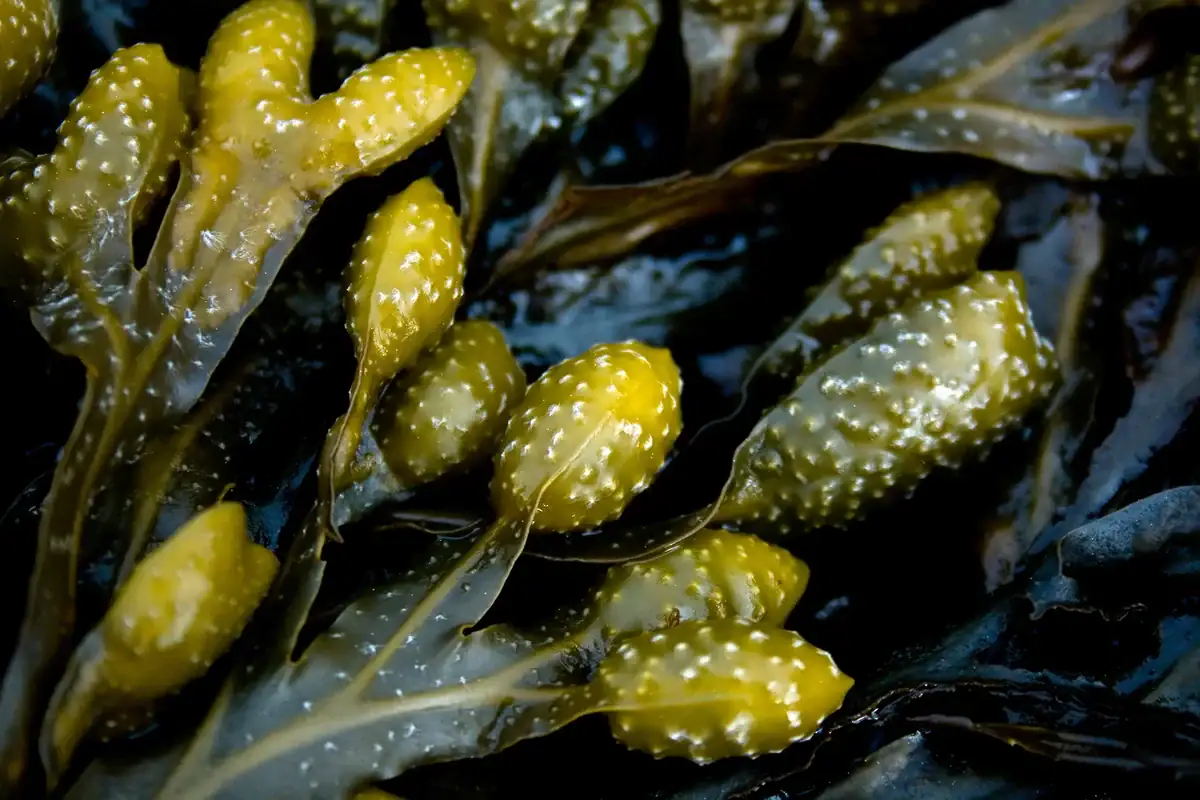
Rising ocean temperatures and shifting species ranges mean that the way Mainers have always fished is changing. Lobstermen are experimenting with new fisheries, shellfish growers are contending with warmer, more acidic waters, and the supply chain is morphing as well.
“When you’re fishing or farming, you’re always working in a dynamic environment,” says Fagan. “But the tools we’ve used in the past aren’t working as well now.”
Maine Sea Grant helps ocean communities adjust to climate change not just by sharing and explaining the science, but also by helping to increase waterfront access through rebuilding infrastructure damaged in increasing storms and assisting communities to prepare for the stronger storms of the future. Sea Grant also helps with accessibility by training sea farmers from different backgrounds. They have run workshops introducing those interested to aquaculture and explaining the ins and outs of an aquaculture business for many years. Now, they also offer workshops explicitly tailored toward women and nonbinary farmers.
Women have always been part of Maine’s waterfront economy, but today, they are increasingly at the helm. Sea Grant’s workshops, as well as its research into accessibility and ergonomics on the water, have helped foster that shift. Fishing gear and equipment are traditionally designed for men’s bodies; through ergonomic assessments and redesigns, Sea Grant is helping women work safely and efficiently with traps, totes, and oyster cages.
The workshops and other community events led by Maine Sea Grant help to foster what is most important to a healthy working waterfront: community.
”In aquaculture,” explains Fagan, “farmers’ best resources are other farmers. We provide ways to get to know other people, farming and problem-solving together, and we offer support when things come up.”
As climate change reshapes the Gulf of Maine, the communities that depend on the waterfront will need every perspective and every hand at work to ensure it withstands the intensifying pressures. By seeding these conversations now, Maine Sea Grant isn’t just funding research—it’s helping to write a new, more inclusive chapter for the state’s iconic coast.




